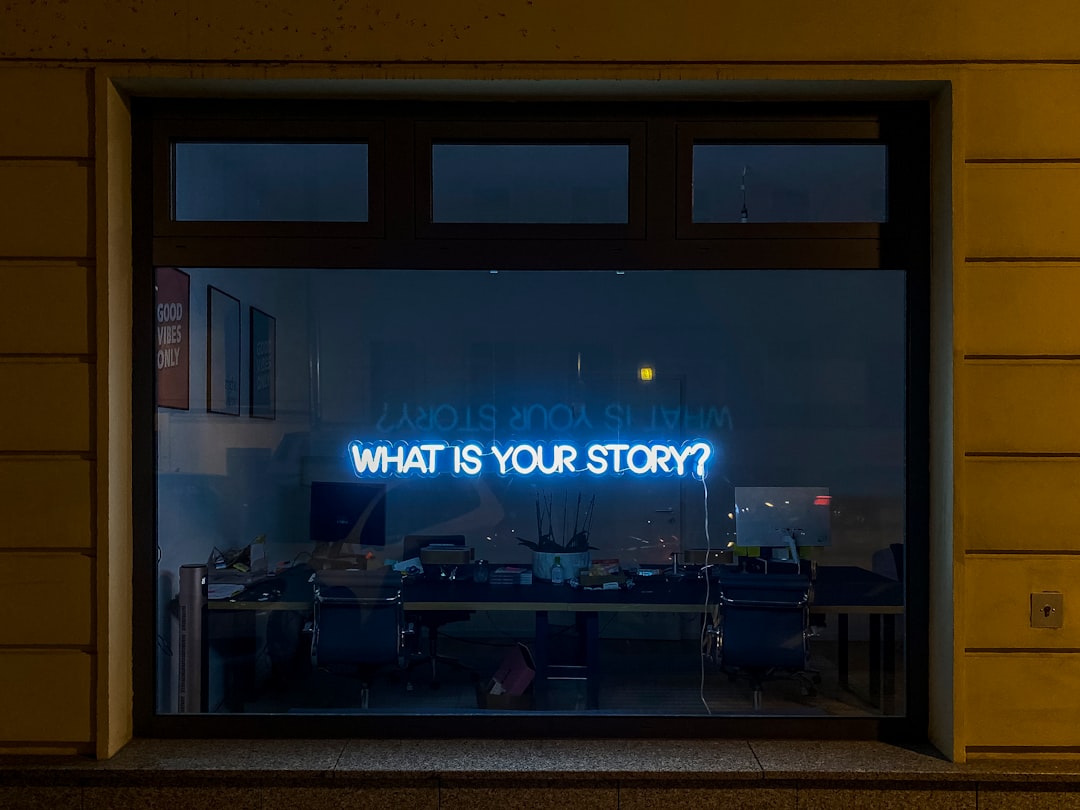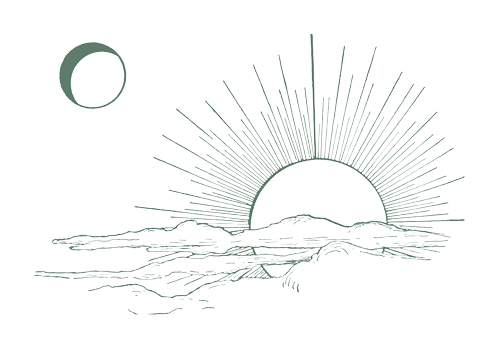When others ask me about therapist training, I often describe its goal like this: it breaks you down to build you back up again.
The idea is, of course, that you can’t walk alongside someone learning to know themselves if you don’t know yourself either.
It makes you question everything. Every decision you make, every word you say, but not in a self-critical way, not where the definition of critical means to pick out flaws. Flaws exist regardless. It makes you question everything with curiosity, genuine interest, a desire to pick apart and to know, to connect the myriad dots.
Writing is like that, too. You can’t be a therapist or a writer without curiosity. The issue for me is that the two warily coexist. There are many therapists who write, and many writers who come at things with the empathic, psychological understanding of a therapist, but for the former there are far more pitfalls. For the latter, visceral, probing writing often leads to a publishing deal and maybe an award or two. For the former, writing comes with its own challenges.
When I write this newsletter, I have to consider who will read it, not right now - though that plays on my mind - but in the future. Therapy is not about the therapist but the client, and writing is very much about the writer, even when it’s fiction. There’s the risk then of a therapist over-disclosing, of putting too much of themselves out there for clients to see. Writing in itself is a vulnerable act - or at least good writing is. Therapists must be themselves with clients, but it isn’t a therapist’s space to open up. So when a therapist writes publicly, there is a potential inevitability that they will affect their relationships with their clients. And the therapeutic relationship is the most important thing in therapy - far more so than the modality or the form or skills. It’s the relationship which is formed that encourages clients to be themselves, and when they are themselves, then they can grow.
I was a writer long before I was a trainee therapist. As a child, I would take paper from the printer at home, a blank slate, and fold them in half to form a book. I would tape or staple the pages together, arbitrarily deciding on the number of pages before I’d written a word, and then I would begin to compose my story. There was no such thing as a first draft back then because everything I did was my best effort. I was learning and it was all new. My stories were often plagiarised versions of other stories, and more often than not I plagiarised TV programmes instead of books, though I’m not sure why. The one I have the clearest memory of is my Tracy Beaker rip-off; I watched the show instead of reading the book. I also did my own illustrations, at a time where all my drawn people had no necks - their shoulders grew directly from their chins.
When I progressed to writing on the computer, I still drew my characters, this time not directly alongside my writing but still on printer paper - a single sheet, landscape. I’d draw my characters in a line. Eventually they had necks. They invariably had magical powers.
When writing on the computer, my choice of typeface was extremely important. For quite a long time I wrote in Papyrus, probably because I had an obsession with Ancient Egypt. Comic Sans also hadn’t been vilified yet, and colour was important too. There was nothing to say I couldn’t write in purple.
I couldn’t not write. I started and abandoned dozens of stories and didn’t beat myself up about it. Following my imagination was far more important as, at that time, despite knowing I wanted to write as a career, I still wrote for no one but myself. Then came the writing competitions, where I still wrote for me, but now found myself critiquing my words more often, rearranging them to suit someone else. Your writing evolves, of course. You want it to sound good, to sound right, so you learn to edit, but there’s a difference between editing yourself to make the writing ring true to your vision and editing yourself to please others’ tastes.
Being rejected, however, for writing how you want to write was something I couldn’t hack. My desire faded when I reached university. To be told you were not good enough - not that you weren’t the right fit, but simply that you weren’t right - was crushing for someone whose confidence had been dwindling for a long while. I wrote in fits and starts over the next few years, my desire to write sometimes overtaking me, but not in the same way it once did. The desire would quickly fade as I began to type, as the views of others began to speak louder than my own words.
It was inevitable then that my curiosity had to go somewhere else. I said curiosity is the bedrock of both writing and therapy. I began to pick apart my thoughts the way I had once picked apart my imagination, though unhealthily at first, and then healthily when I started therapist training. I began to trust my own instincts, my own judgements, more than others. That doesn’t mean I’ve stopped listening to others - listening is paramount, it’s essential - but I’ve started listening to myself again. It’s a balancing act.
The words are starting to return. I feel the desire to place words precisely, to put them down in a way that brings me joy, that feels like slotting a puzzle piece in place. Therapy is much the same - gathering the pieces and arranging them until they fit. It also means discarding the ones that don’t.
I am still somewhat in the breaking down stage of therapist training, and will be for a while. There is a fair amount of pain, but at the end of it there is always a lightness, a pressure gone. It’s no different with writing - sometimes it’s effortless, and sometimes it’s like pulling teeth. There are your insides, bits pulled from you and thrown for all to see. Sometimes people will walk all over them, grind their heel into them, your words and who you are both - often they are synonymous. You say, ‘Here I am, here is what I want to say’ and they say, ‘No, thank you.’ They say, ‘That’s not right.’
The only thing that matters is that it’s right for me.
the mumble and muse. is a Substack newsletter from recovering perfectionist, therapist in training and writer, Caitlin Evans. You can subscribe for free.





